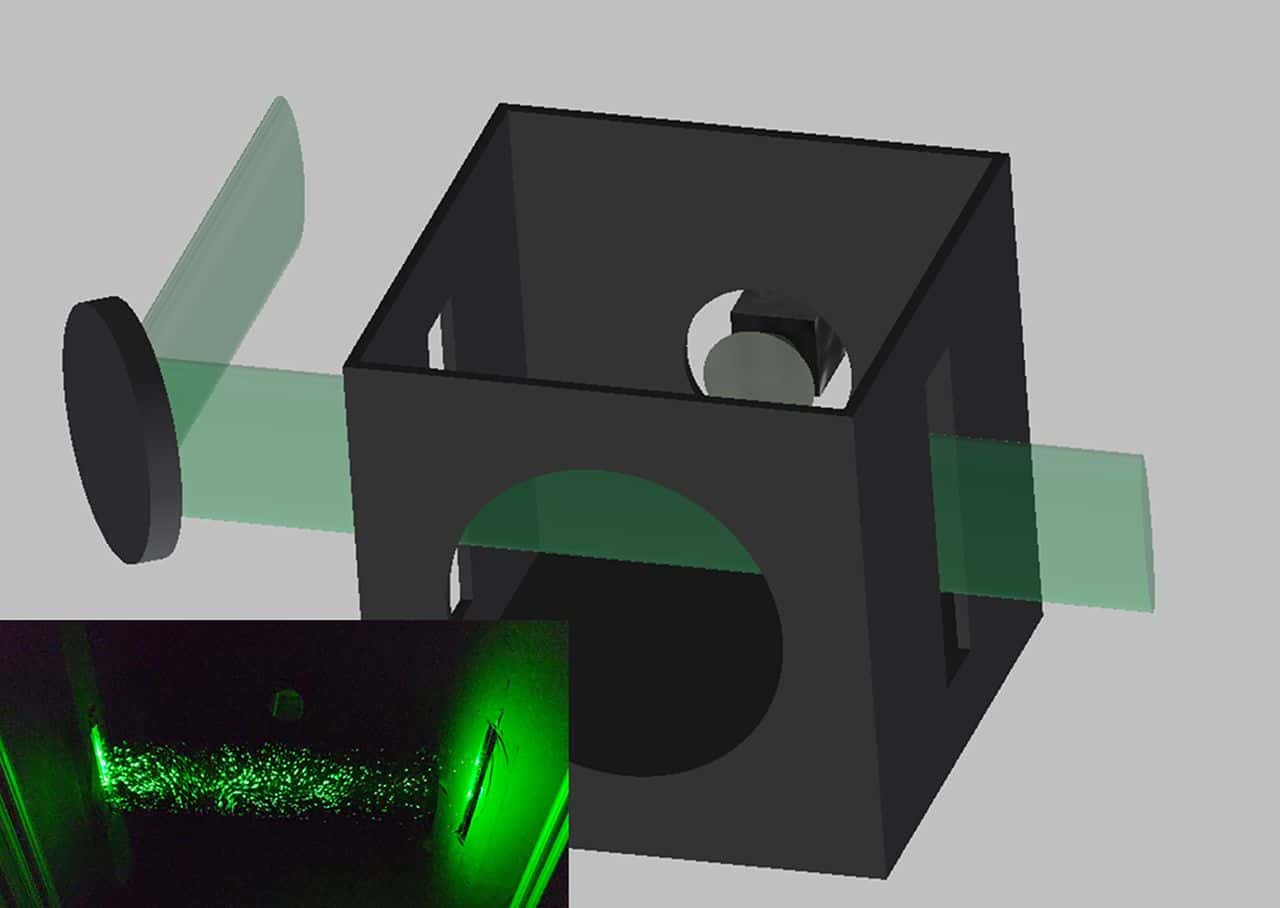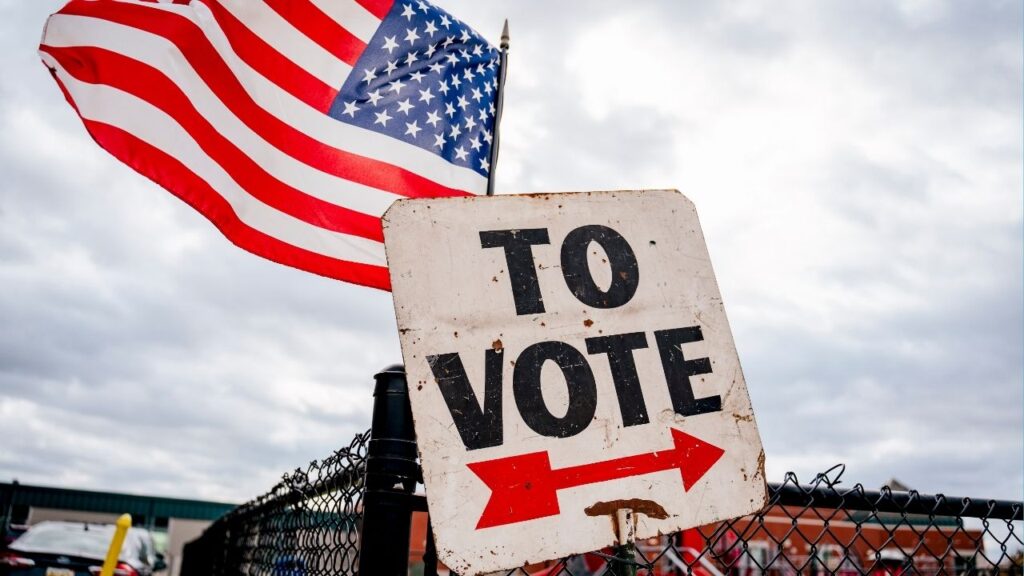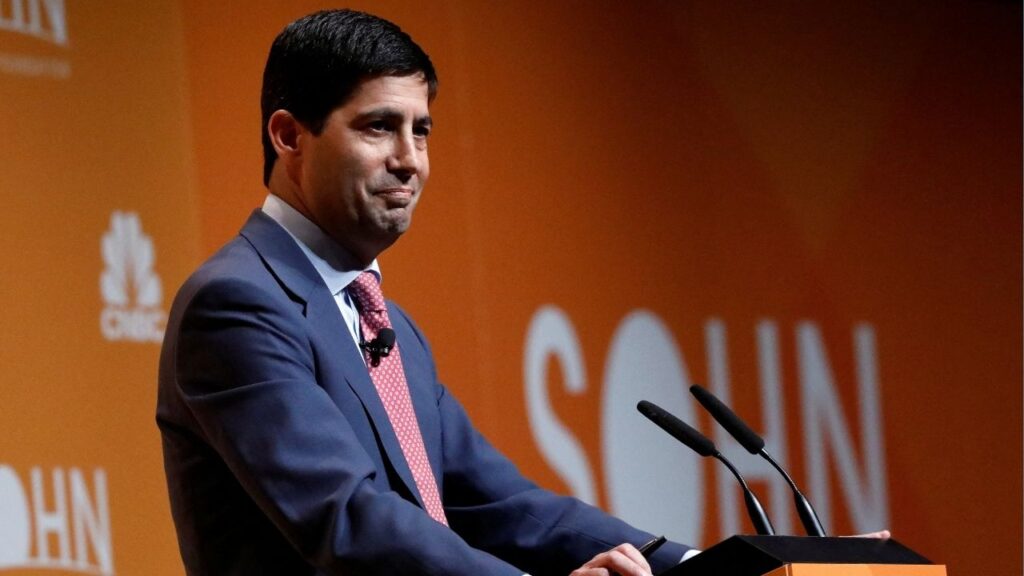Share
For months, the message has been pretty simple. Wear a mask to help stop the spread of COVID-19.
Now, many months into the pandemic we have a clearer picture of which masks work and which actually spread the virus.
Researchers at Duke University created a simple technique to analyze the effectiveness of various masks.
They tested 14 commonly available masks or mask alternatives and a professionally fit-tested N95 mask.
How the Study was Conducted
In the study published Friday, researchers with Duke’s physics department demonstrated a method that uses a laser beam and cell phone to evaluate mask efficiency and the transmission of respiratory droplets during normal speech.

A subject wore a face mask and spoke into the direction of an expanded laser beam inside a dark enclosure. Droplets that propagate through the laser beam scatter light, which is recorded with a cell phone camera. A simple computer algorithm was used to count the droplets in the video.
Here is a video by researchers explaining how they did the study and some of the results they witnessed.
Best Masks: N95, Hand-Made Cotton
The researchers report the best face coverings were N95 masks without valves – hospital-grade coverings used by front-line healthcare workers. Surgical or polypropylene masks also performed well.
But hand-made cotton face coverings provided good coverage, eliminating a substantial amount of the spray.
Worst Masks: Bandanas, Neck Fleeces
“There are some masks actually hurt rather than do good,” said Duke’s Martin Fischer, an associate research chemistry and physics professor.
Bandanas and neck fleeces (also called gaiters) such as balaclavas didn’t block the droplets much at all. The study showed the neck fleece disperses larger droplets into several smaller droplets, therefore increasing the droplet count. The research on these masks showed it would actually be better to wear no mask than wear one of these.
“They were no good,” Duke physician Eric Westman said. “The notion that ‘anything is better than nothing’ didn’t hold true.”
The study explains it this way: “Considering that smaller particles are airborne longer than large droplets (larger droplets sink faster), the use of such a mask might be counterproductive.”
[covid-19-tracker]Major League Baseball Gaiters
Fans started reaching out to Major League Baseball via Twitter after the study became public. Many big-leaguers are wearing gaiters, and baseball is battling positive coronavirus tests among players.
GV Wire℠ asked Dr. Westman if MLB should consider doing away with the gaiters in light of his study. “The simple, yet untested, answer would be to wear two or three at a time, rather than not wear them at all,” said Westman by email.
.@MLB I've seen so many players wearing gaiters. Duke research shows that gaiters are worse for spreading COVID19 than wearing no face covering. Pls discourage these. @AaronBoone pic.twitter.com/4XfR7dZw8U
— Cathy Keisha (@CathyKeisha) August 9, 2020
GV Wire℠ reached out to MLB public relations via email and didn’t receive a response.
The company that makes the face coverings has tweeted pictures of players wearing them in an effort to promote sales. GV Wire℠ sent an email to FOCO media relations for a response. MLBshop.com has gaiters available for every team.
🤣 We always say, "gaiters can be worn multiple ways" — but we've never seen this before! ❤️ @Nationals we like your style! 😏 #teamFOCO #PlayerApproved @MLB_PLAYERS @MLBPAClubhouse 📸: #Nationals pic.twitter.com/WOBX8NtsEu
— FOCO (@FOCOusa) August 2, 2020
Categories

Renee Good’s Relatives Speak to Lawmakers in Washington

















